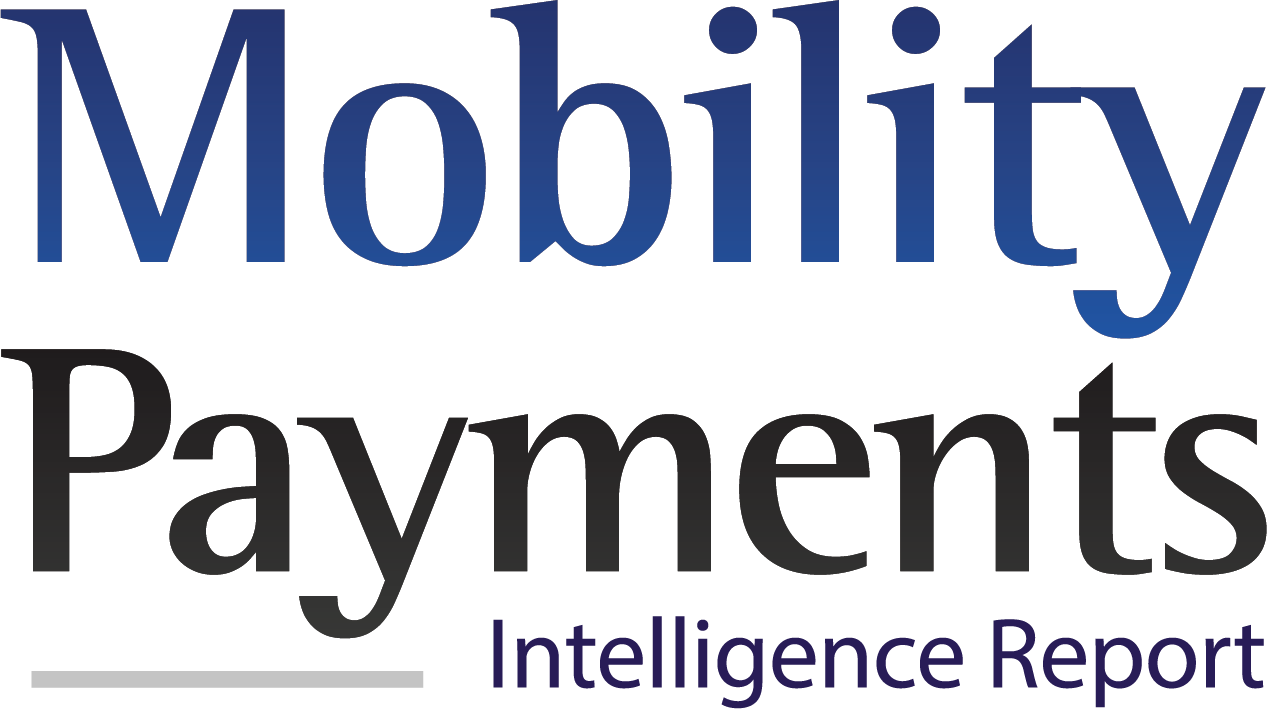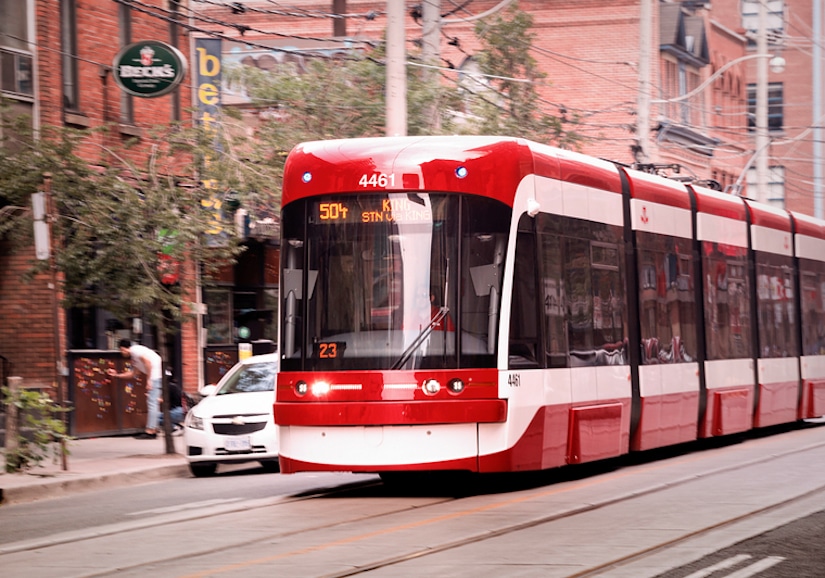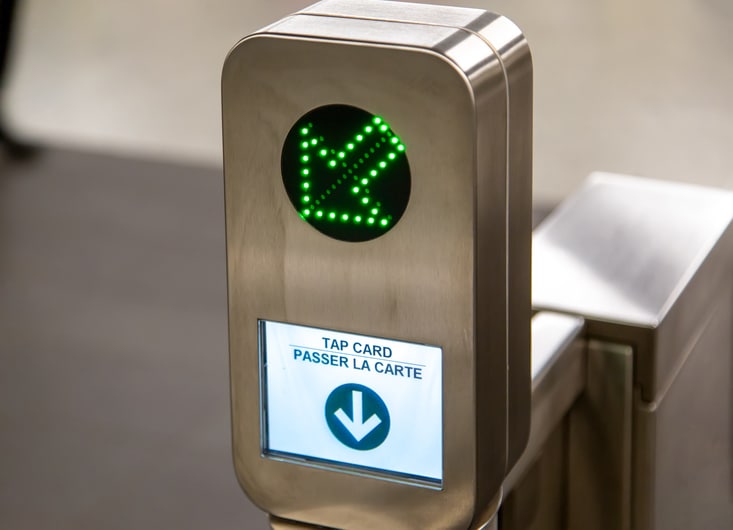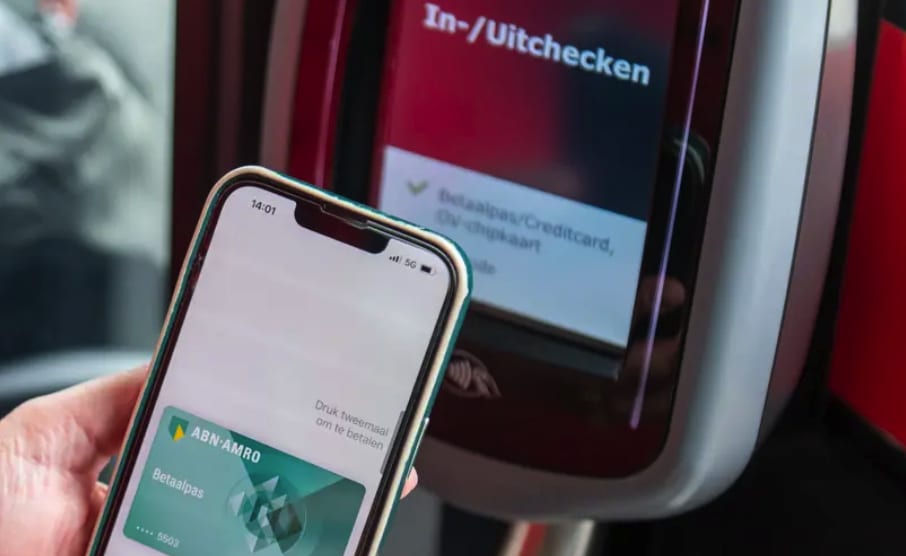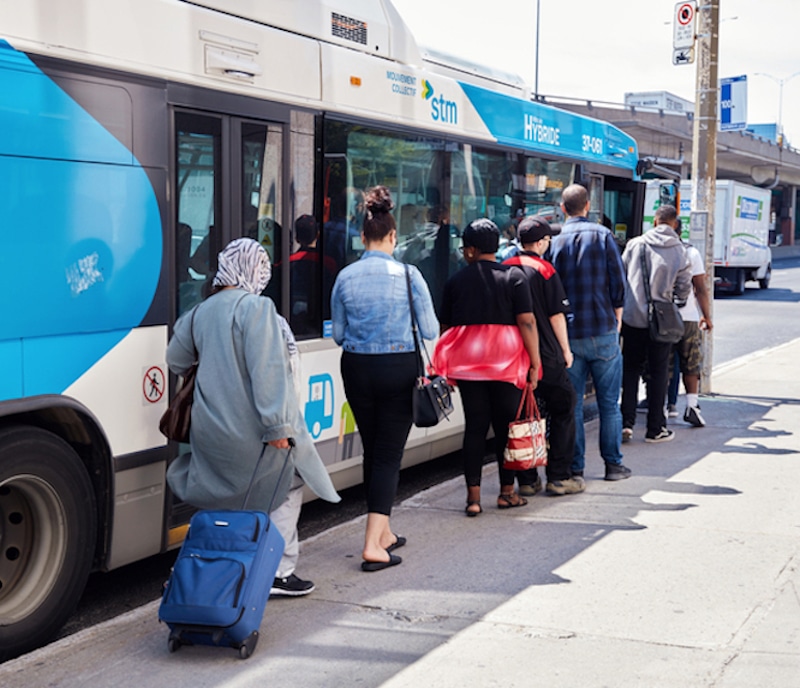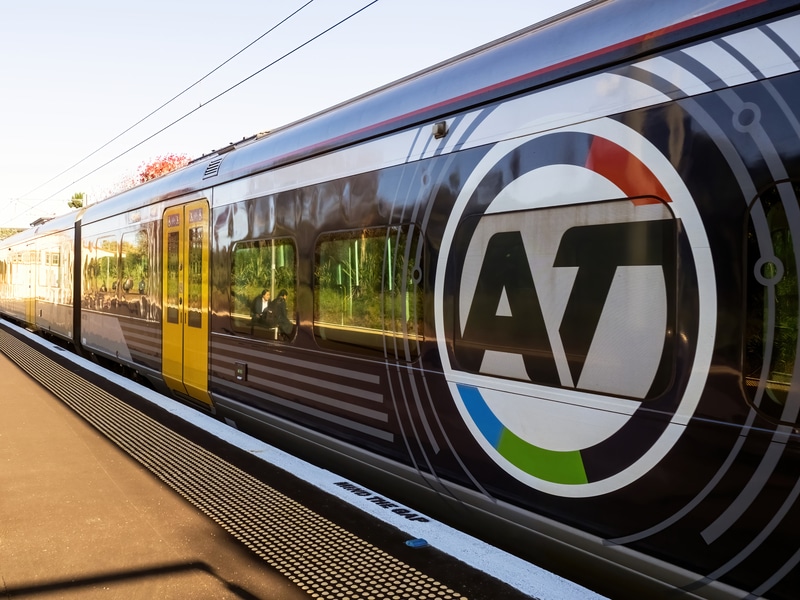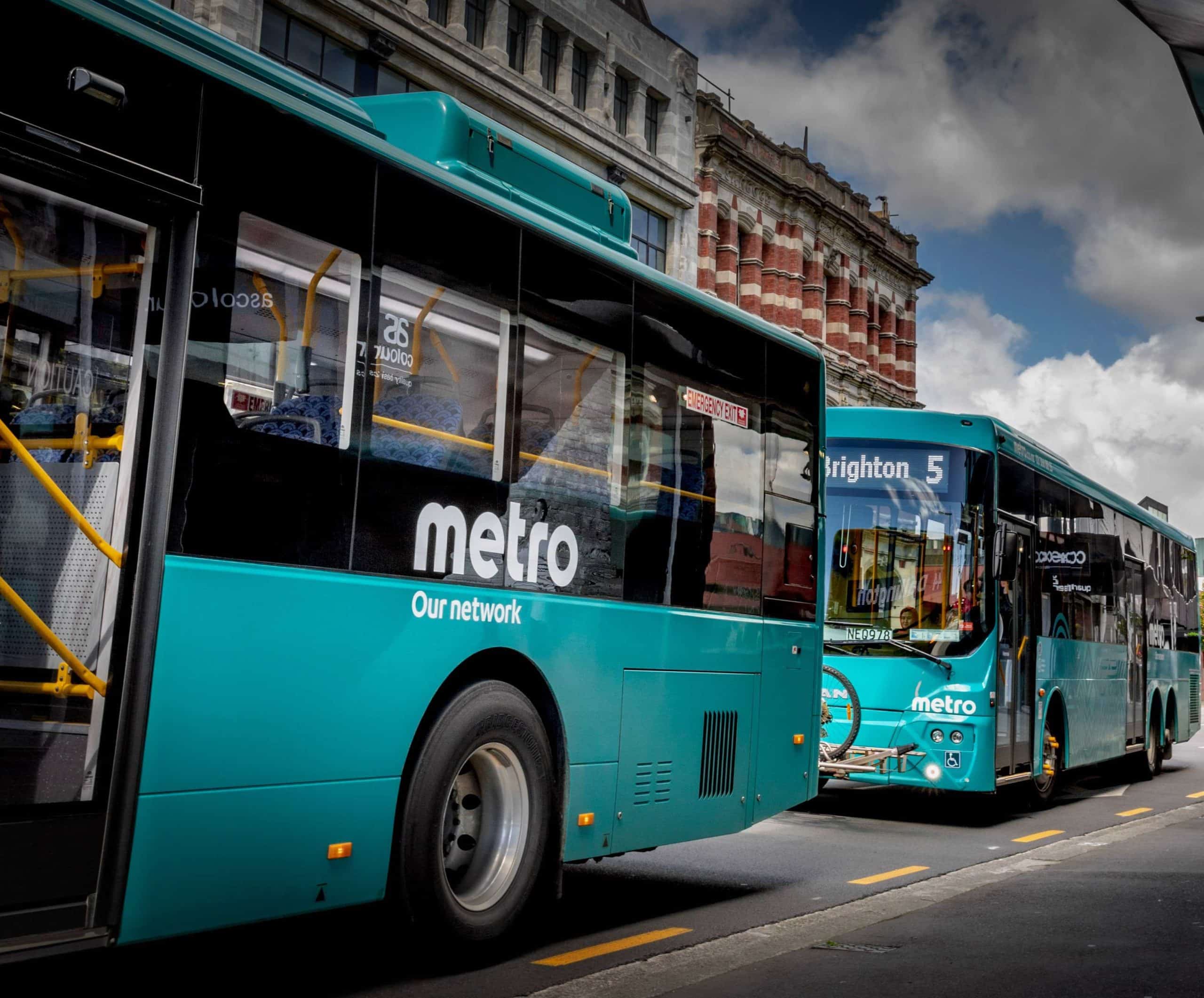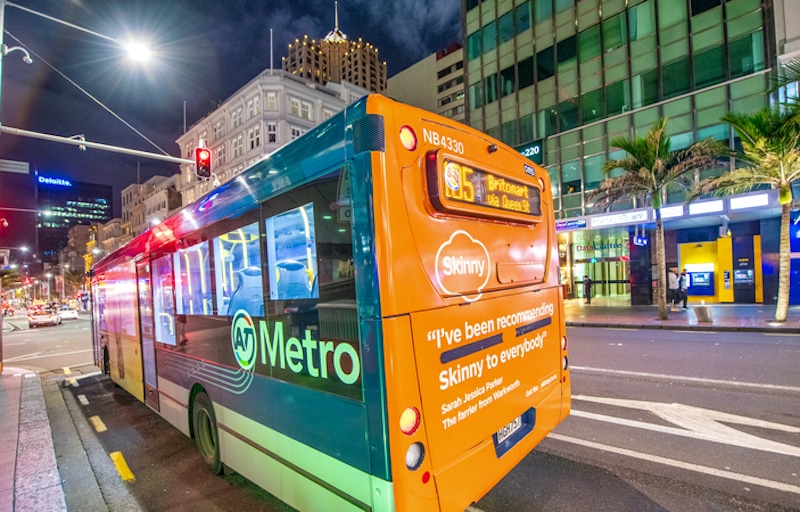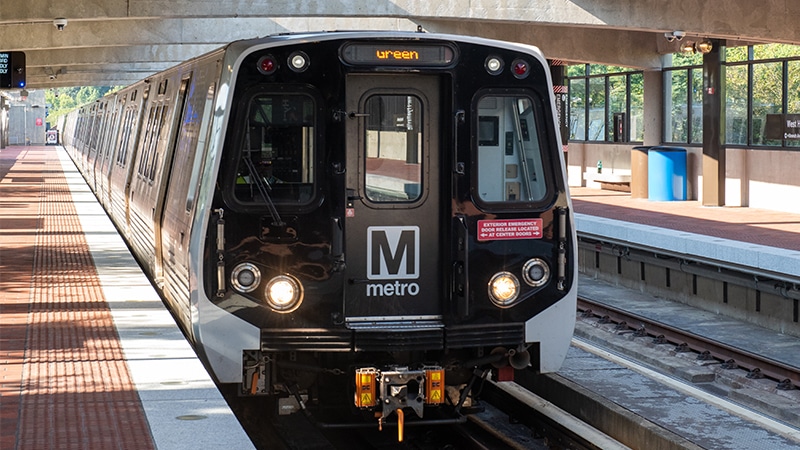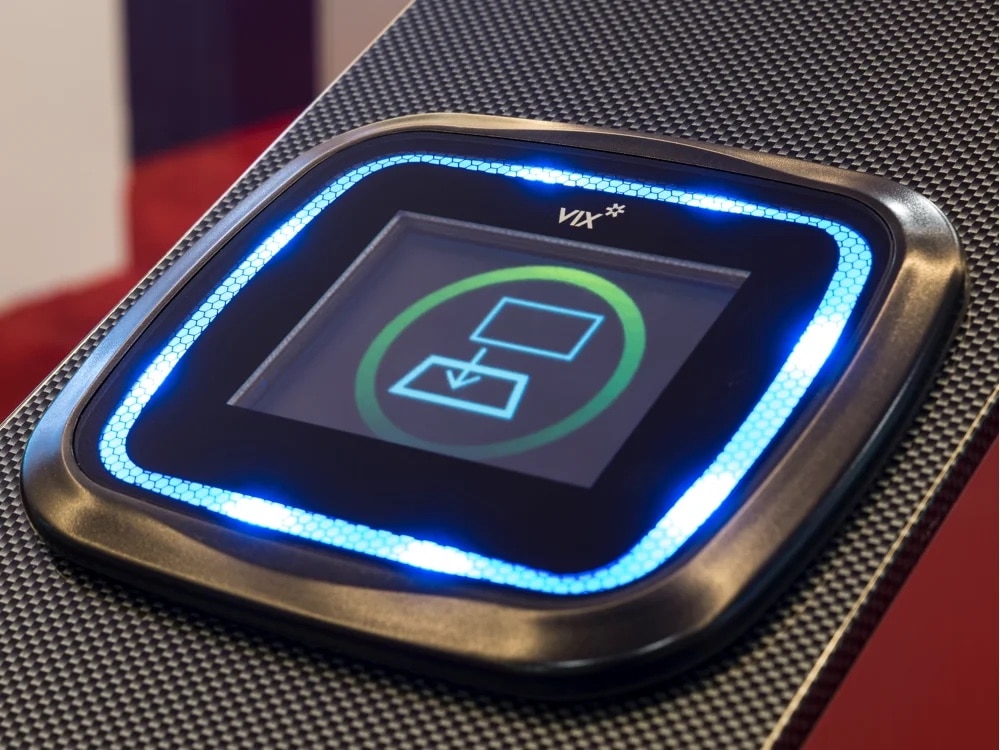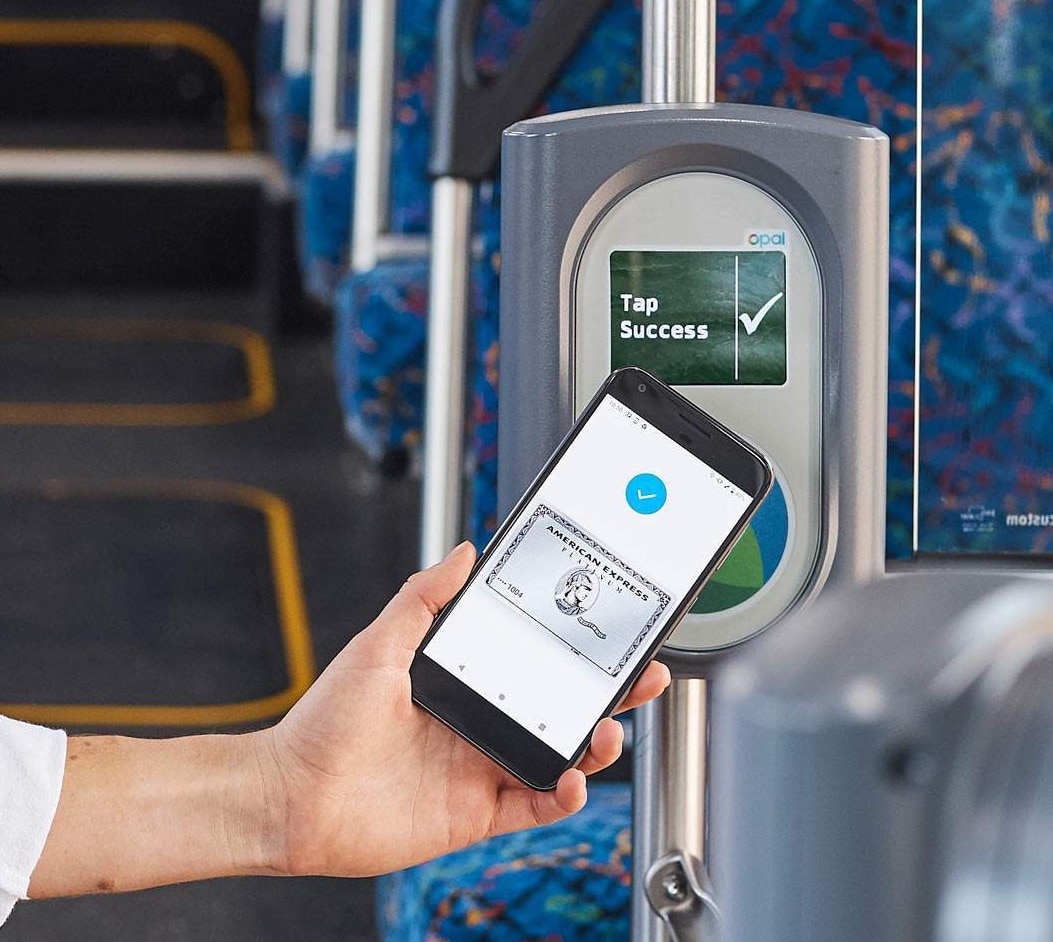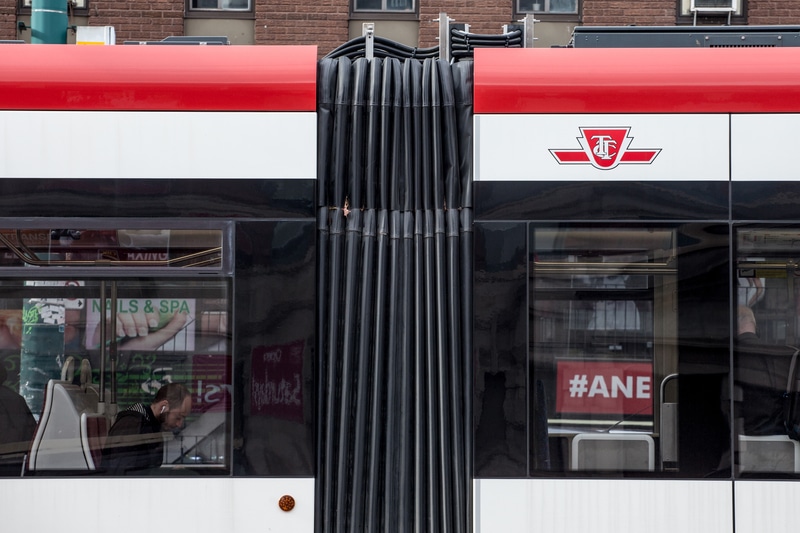
Article Highlights
Transit officials in Toronto are believed to have chosen to rehire their incumbent fare-system provider–IT services firm Accenture–to supply a new account-based system, sources told Mobility Payments. Metrolinx sought to hire multiple vendors for its new fare system, dividing its project into “procurement lots.”
• Request for Information (RFI)
• Original background, objectives & scope
• Metrolinx
• TTC (Toronto)
• Accenture
• Cubic
Transit officials in Toronto are believed to have chosen to rehire their incumbent fare-system provider–IT services firm Accenture–to supply a new account-based system, sources told Mobility Payments.
